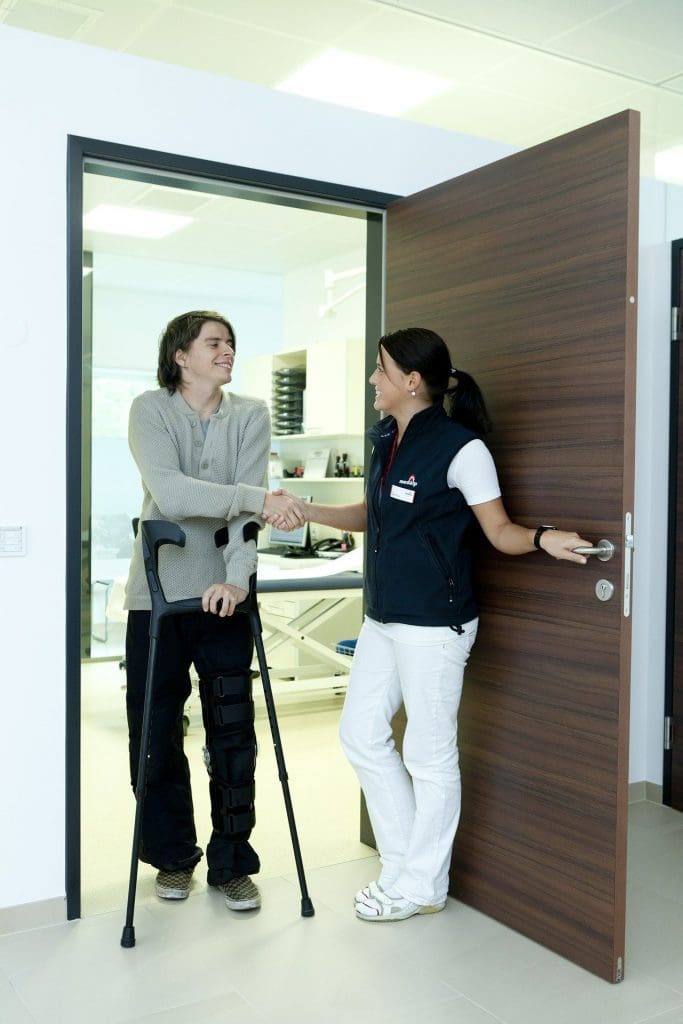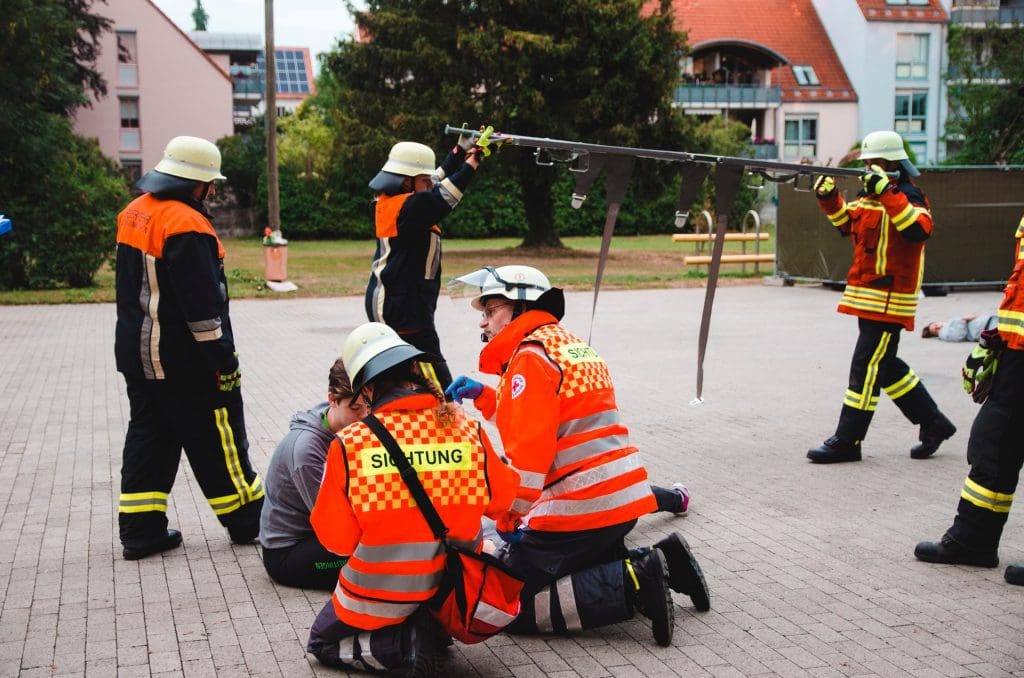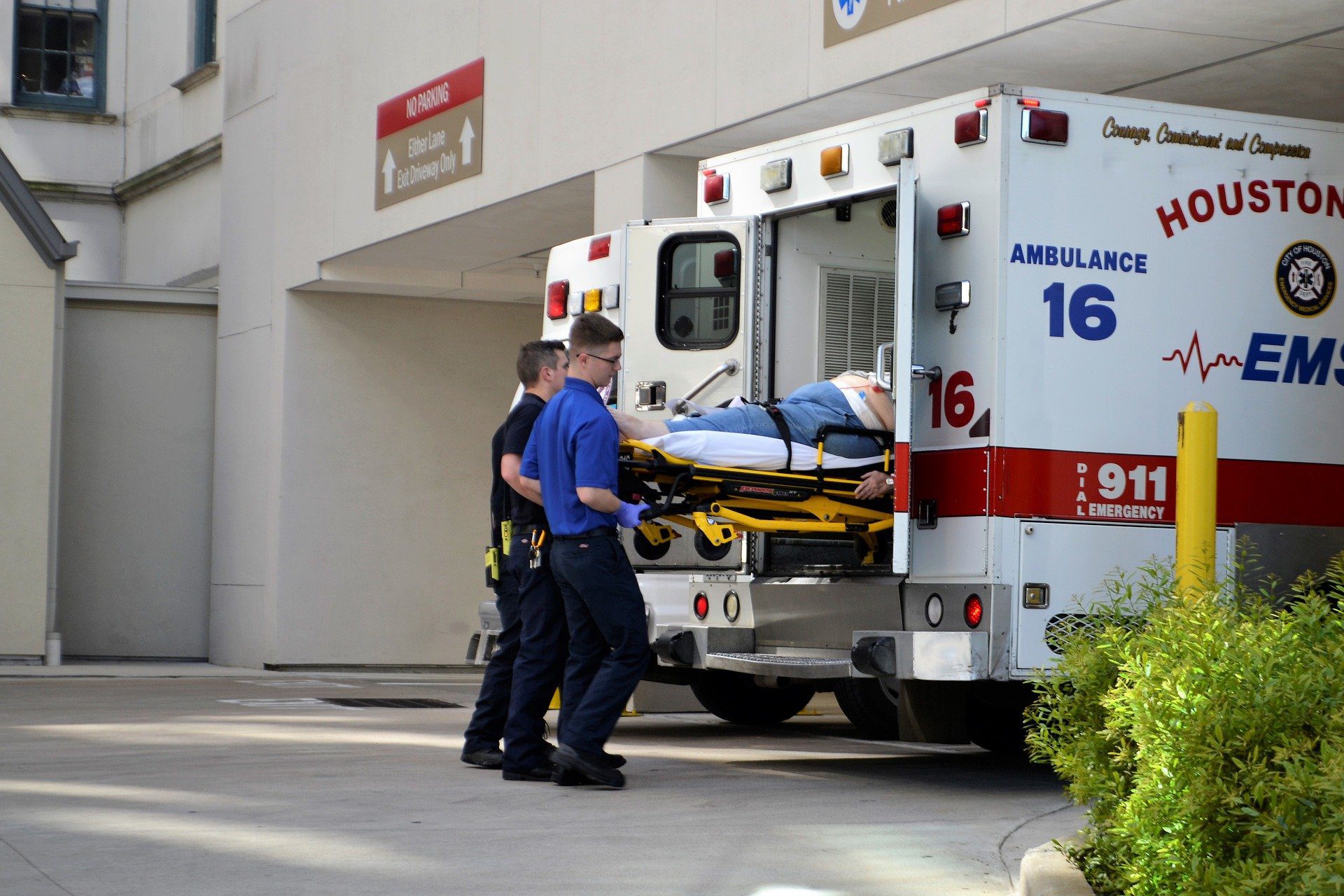As paramedics, it is of utmost responsibility that they provide high-quality care and improve patients’ clinical outcomes. Effective medical communication plays a vital role in improving outcomes and recovery. Not everyone is good at communicating with the patients due to which they need to improves themselves. According to the research, a clear link has been seen in the patient’s outcome and how well we communicate with them. Moreover study also shows that better communication leads to improved patient adherence and a much lower readmission rate. It also improves the mortality rate and lowers the risk of malpractice. Many people are naturally good at communicating with patients, while others require some kind of improvement. Due to these reasons, it is important to know how to communicate well with a patient. This article will guide you through 6 tips to improve medical communication as paramedics.
Table of Contents
Develop A Welcoming Ritual

Your first impression towards your patient should always be warming and delicate as the first impression is the last impression. One should develop a warming ritual and a delicate way to introduce yourself. You can start by directly addressing the patient’s name, introducing yourself, and then offering an appropriate touch, such as a handshake. One should acknowledge all visitors and should make sure none feels ignored or left out.
Be Present
There are many times when a person walks around at their job just for the sake of to-do lists. While being a paramedic, it is your responsibility to be present at the time of the job and engage with the patients. It encourages them to share their condition in much more detail, which helps you diagnose the patient properly. To be present, one should take a deep breath, quit thinking about other things, and bring attention to the very same point.

Use Positive Words
It is never a bad idea to communicate while using positive words. One can’t even imagine a small positive gesture or even word can make someone else’s day. One should not hesitate to show appreciation towards their patient and try to use words “with you” or “for you” as often as possible. One of the best ways to improve medical communication is to compliment your patients even in little things.
Nonverbal Communication
Besides saying positive words, expressions, and feelings play a vital role in improving communication between you and your patient. Nonverbal communication also counts as a great way of expressing one’s presence. It may include hand movements, facial expressions, or even foot tapping. According to a study, one of the most effective nonverbal actions is eye contact and touch.
Ask Open-Ended Questions

One of the best ways to know whether your patient is paying attention or not is to ask open-ended questions. One can always ask and interrogate about the issue and ask them what happened. As soon as the problem becomes known, one can shift to closed-ended questions for better understanding.
Show Empathy
Showing empathy and listening to the patient with full concentration helps you connect with them even more. One can provide the patient with validation after listening to their experience, making them realize how deeply you felt their experience. It also saves a lot of time. It has been estimated that most patients provide many clues during conversations, which saves the time of paramedics by a large margin.
Featured Image by F. Muhammad from Pixabay




